The town’s temporary solution to the issue of potentially harmful chemicals in its water supply will be to rent or purchase a filtration system for the problematic Fruit Street well, the Select Board decided Tuesday.
Additionally, residents who have been identified as being in the sensitive subgroup — infants, pregnant women, nursing mothers and people who are immunocompromised — are to be reimbursed for their purchase of bottled water, as they are advised not to drink or cook with the town water until the issue is resolved with the PFAs (manmade per- and polyfluoroalkyl substances). Boiling the water is not a remedy, as it actually serves to concentrate the PFAs in the water even more.
Those not in the sensitive subgroup are not considered to be at risk and can continue to use town water, Department of Public Works Director John Westerling explained to the Select Board.
“When we were looking at our options, we canvassed communities around us that are also fighting with the PFAs problem,” Westerling said. “As I stated previously, there are 60 communities in the commonwealth that are dealing with this. And we also worked with [environmental consulting company] Weston & Sampson to find out what communities are doing.”
The town had identified four temporary solutions and sent out surveys to residents seeking their input. The first was reimbursing customers for purchasing bottled water. The second was installing a temporary treatment system that would serve as a bottle-filling station for customers to obtain water. The third was to install a temporary treatment system — using either granular activated carbon or ion exchange technology — for Well 6 and purchase the reusable filter vessels, while the fourth was the same as the third except the filter vessels would be rented.
About 500 customers responded to the survey, and Option 3 was the overwhelming choice, with well over 400 selecting it.
Town administrators initially supported the fourth option, but concerns arose about availability, leading them to support either Option 3 or 4.
The long-term solution is a permanent filtration system and/or connection to the Massachusetts Water Resources Authority (MWRA) water system, Westerling said.
Select Board Member Amy Ritterbusch suggested a more aggressive outreach to ensure people who might be in the sensitive subgroup are aware of the situation.
“We can’t overcommunicate on this one,” added Member Muriel Kramer, supporting Ritterbusch’s suggestion of an automated phone call to all residents.
Member Brendan Tedstone reminded the public that the federal health guideline allows for up to 70 parts per trillion of PFAs in the water, much less strict than Massachusetts’ standard of 20 parts per trillion. Hopkinton measured over the state limit for three consecutive months — with the highest recorded total at 28 — putting the town in violation.
Nearly 50 percent of individuals responding to the town survey indicated they were willing to support an increase in water rates to pay for a temporary solution. About 25 percent were opposed, and about 25 percent stated maybe.
Option 3 (purchasing the filters) has a three-year estimated cost total of $500,000 to $600,000. Option 4 (renting) is expected to cost $600,000 over three years, with a setup cost of $140,000 to $160,000 plus monthly leasing fees of $12,000 to $14,000.
“We are looking for every opportunity we can to offset the costs,” Westerling said, noting the town could seek an emergency procurement in an effort to avoid having to call a Special Town Meeting to approve the spending.
Leah Stanton, vice president of Weston & Sampson’s water program, said the town might be able to acquire some money through a grant program.


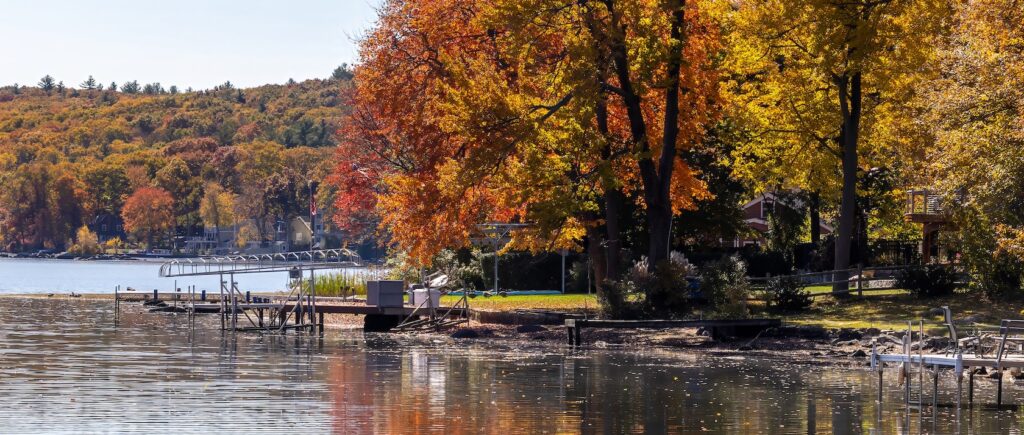
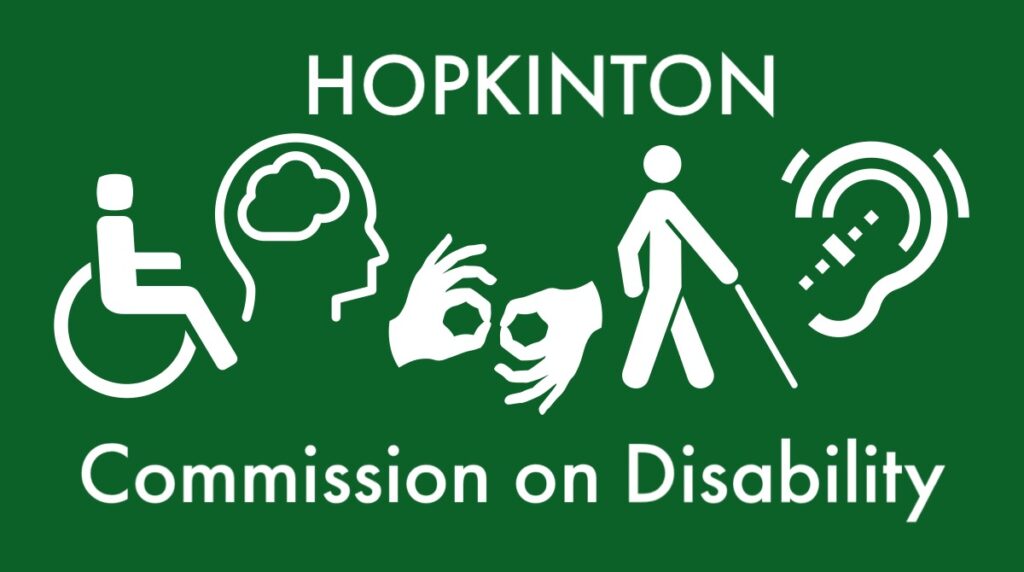
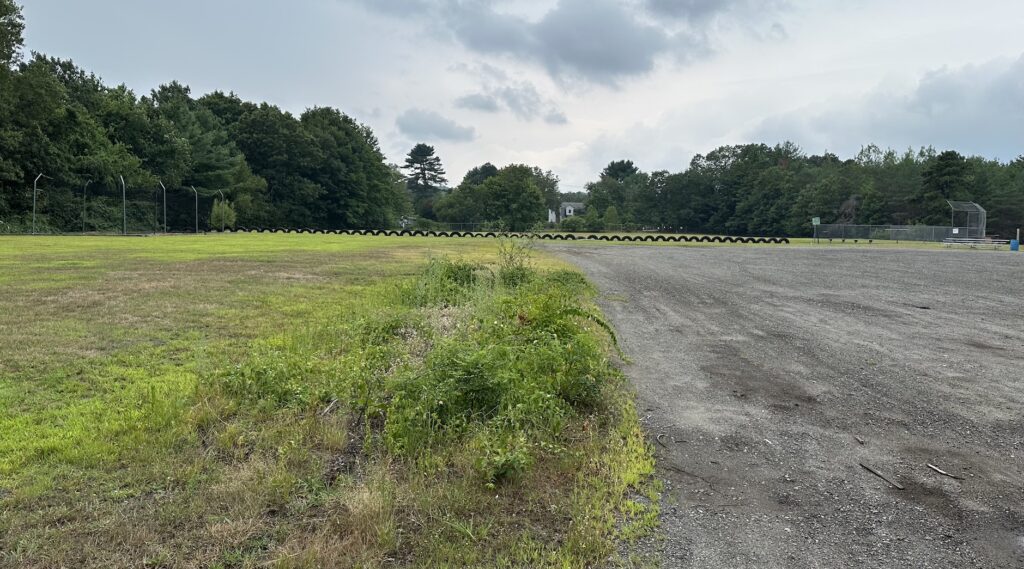
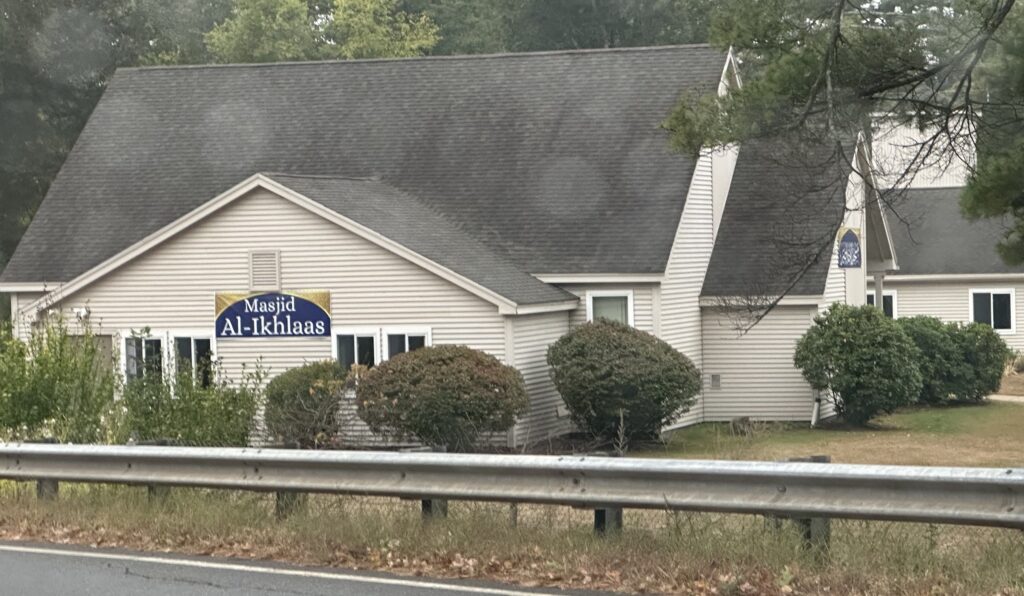

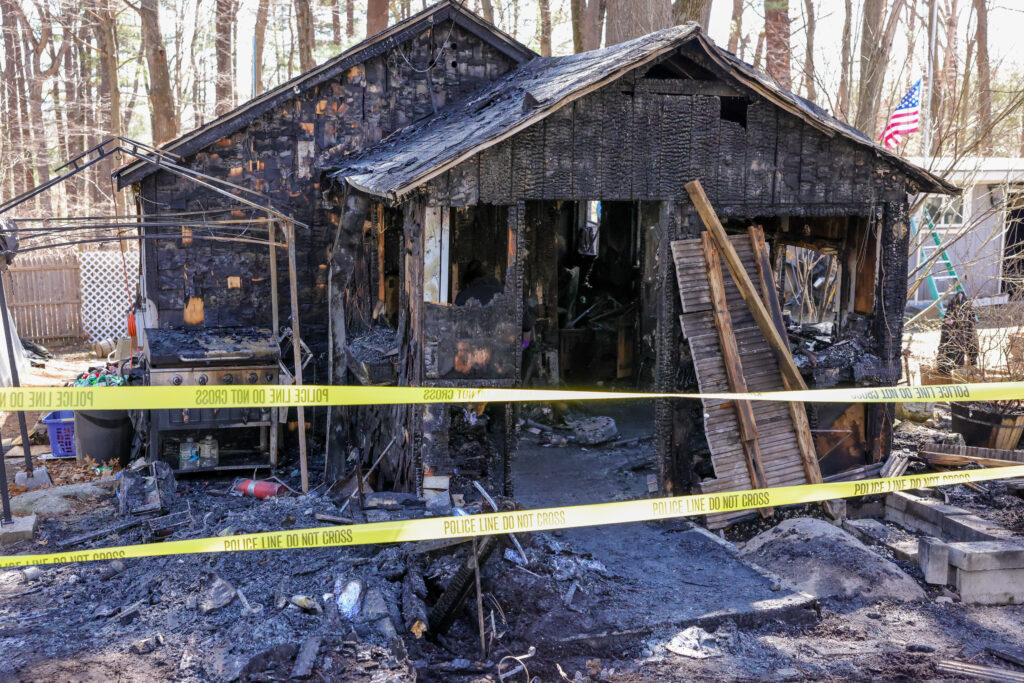













how do I go about getting a bottled water rebate, I not that long ago finished cancer treatments and am also a diabetic, for that last few mons I have bought bottled water for drinking and water by the gallons for cooking and making coffee
https://www.hopkintonma.gov/departments/department_of_public_works/pfas.php